According to Stephanie Psaki, a distinguished senior fellow at the Brown University School of Public Health, the world has reached a turning point in its ability to prevent pandemics. For the first time in history, scientists and medical professionals possess the tools and knowledge to detect, treat, and stop pathogens that could cause widespread illness and death.
Psaki, who served as special assistant to the president and inaugural US coordinator for global health security at the National Security Council during the Biden administration, emphasized that the question is no longer whether pandemics can be prevented, but whether the world will act on this knowledge. "We have an opportunity to stop the next pandemic, and it's within our reach," she said in a recent statement.
In recent decades, significant advances in science and medicine have made it possible to identify and respond to emerging health threats more effectively. The development of vaccines, diagnostic tools, and treatments has improved global preparedness and response to pandemics. However, despite these advances, the world continues to face challenges in implementing effective pandemic prevention strategies.
The concept of pandemics as a choice is not new, but it has gained momentum in recent years. Experts point to the example of the COVID-19 pandemic, which highlighted the importance of global cooperation, early detection, and swift response in preventing the spread of disease. "The COVID-19 pandemic was a wake-up call for the world," said Dr. Maria Van Kerkhove, a leading epidemiologist at the World Health Organization. "We learned that pandemics are not inevitable, but rather a result of human behavior and decision-making."
The World Health Organization (WHO) has been at the forefront of global efforts to prevent pandemics. The organization has developed a range of tools and strategies to support countries in detecting and responding to emerging health threats. "We are working closely with countries to strengthen their health systems, improve surveillance, and enhance preparedness for pandemics," said Dr. Tedros Adhanom Ghebreyesus, Director-General of the WHO.
Despite the progress made, there are still significant challenges to overcome. Inequitable access to vaccines, diagnostic tools, and treatments remains a major obstacle to effective pandemic prevention. Additionally, the rise of antimicrobial resistance and the increasing complexity of global health threats require sustained investment and collaboration.
As the world continues to grapple with the challenges of pandemic prevention, experts emphasize the need for sustained commitment and cooperation. "The end of pandemics is within reach, but it will require a collective effort to make it a reality," said Psaki. "We must work together to strengthen global health systems, improve preparedness, and invest in the tools and strategies needed to prevent the next pandemic."
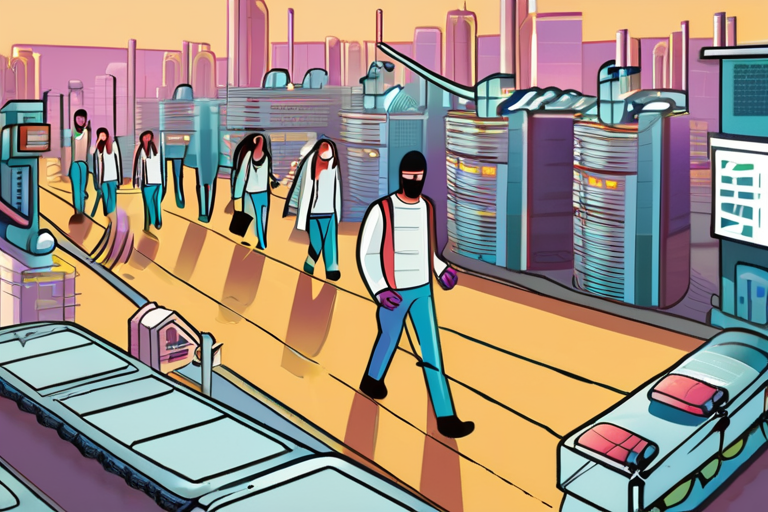


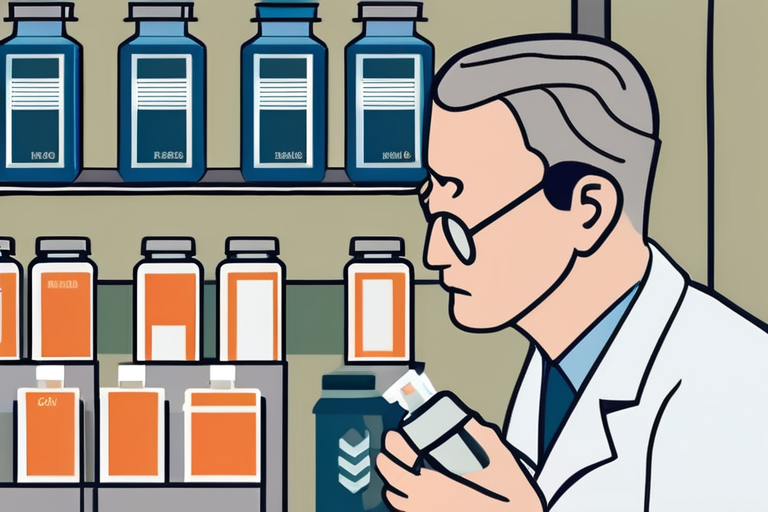

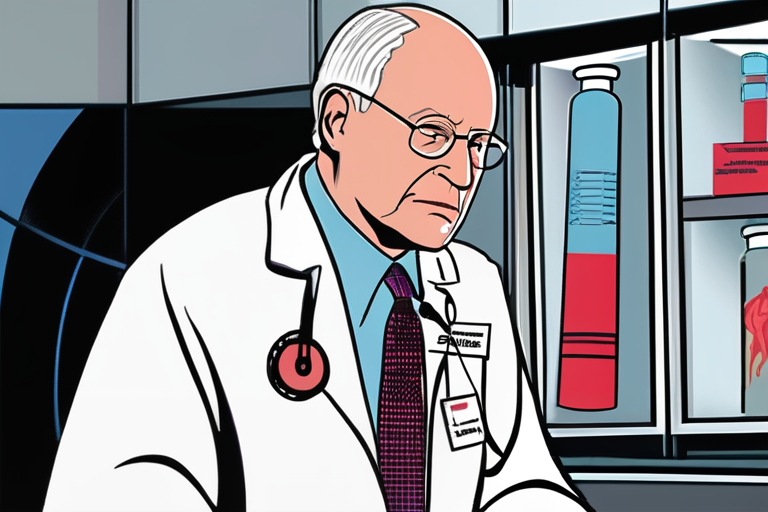
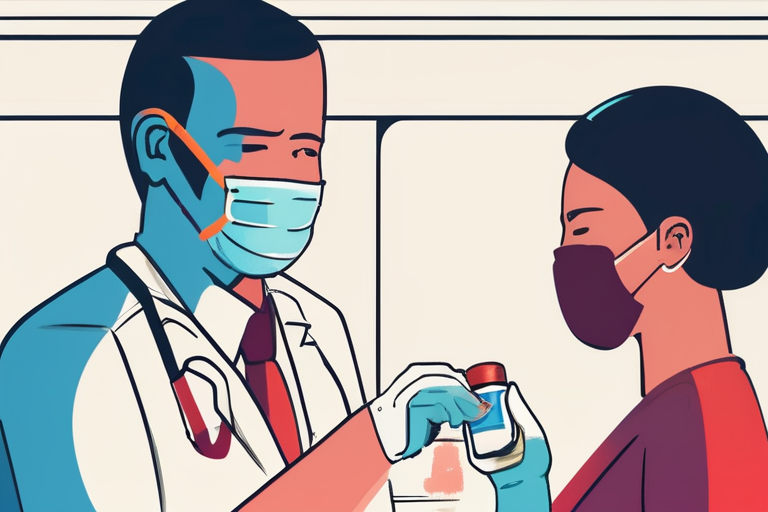

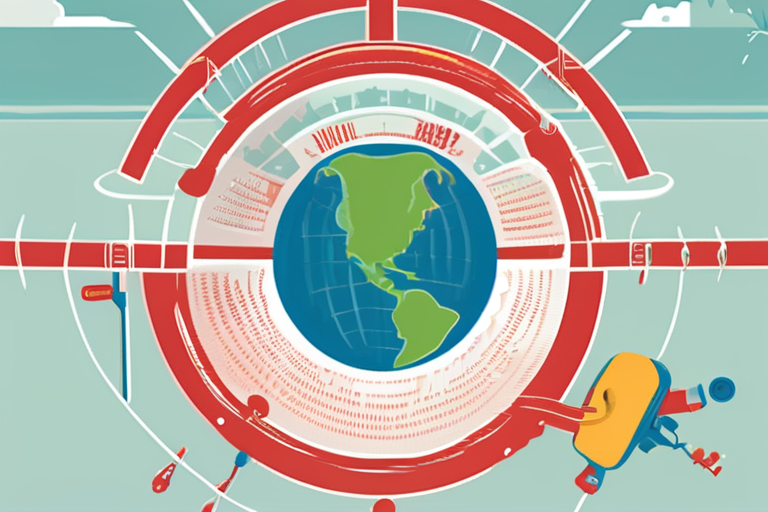




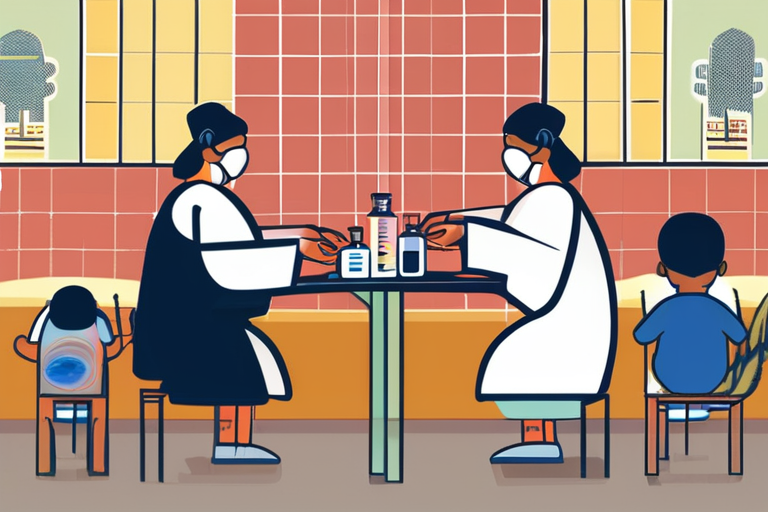



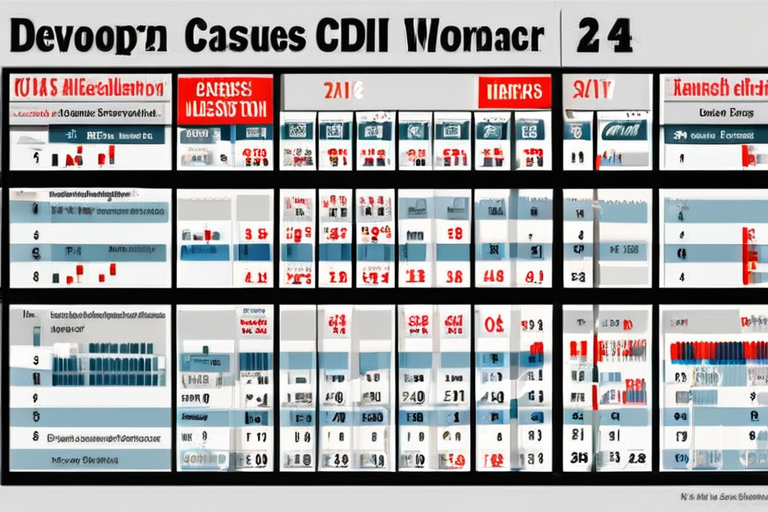
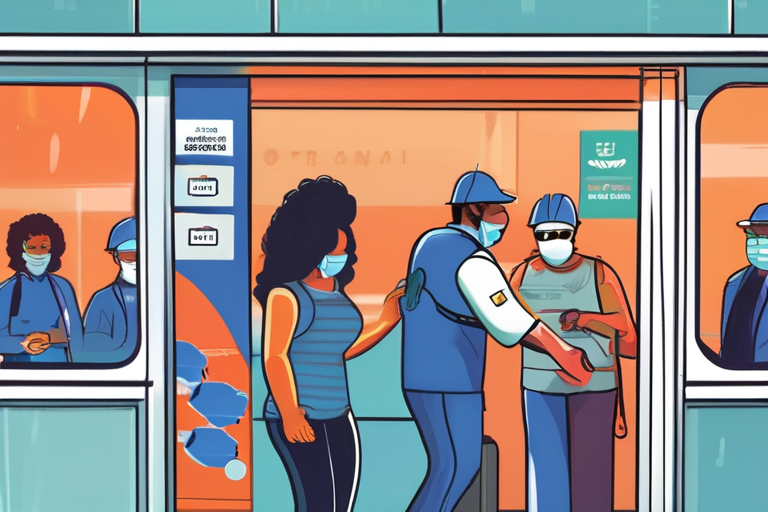
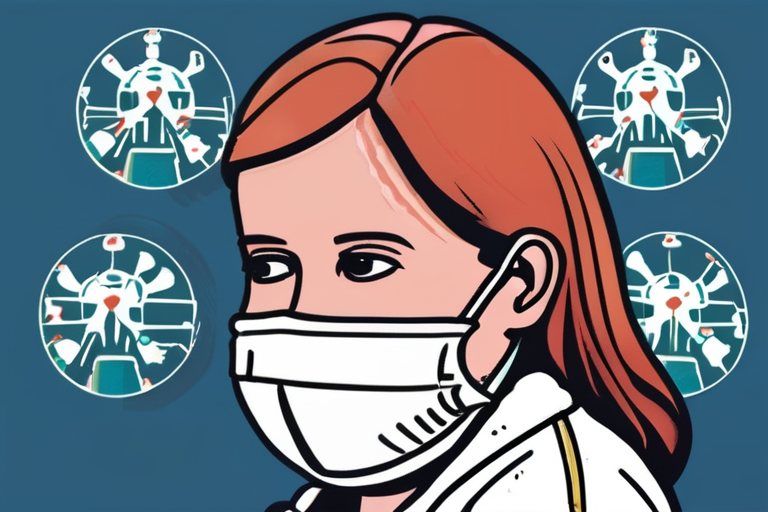

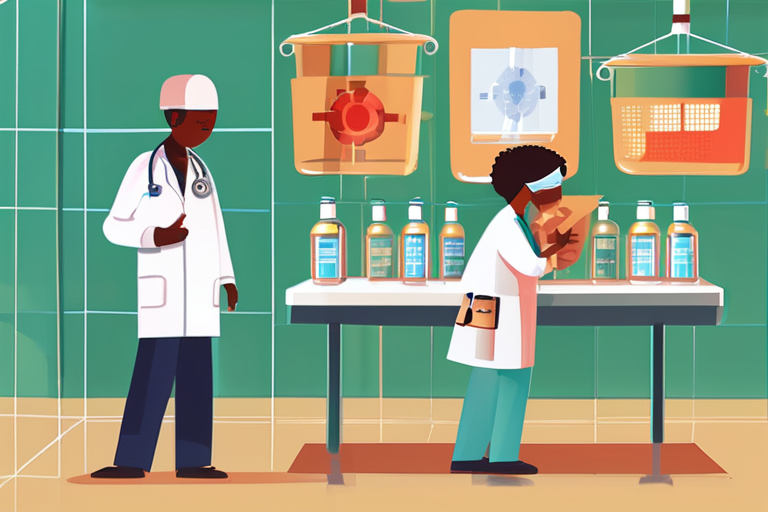

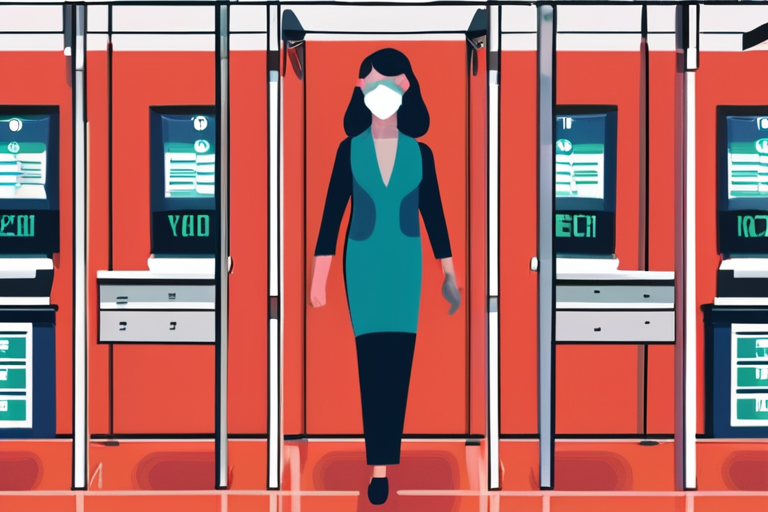

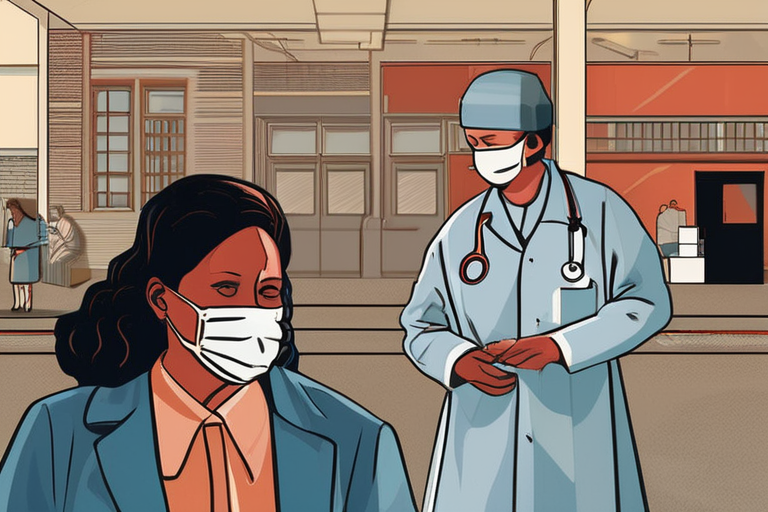
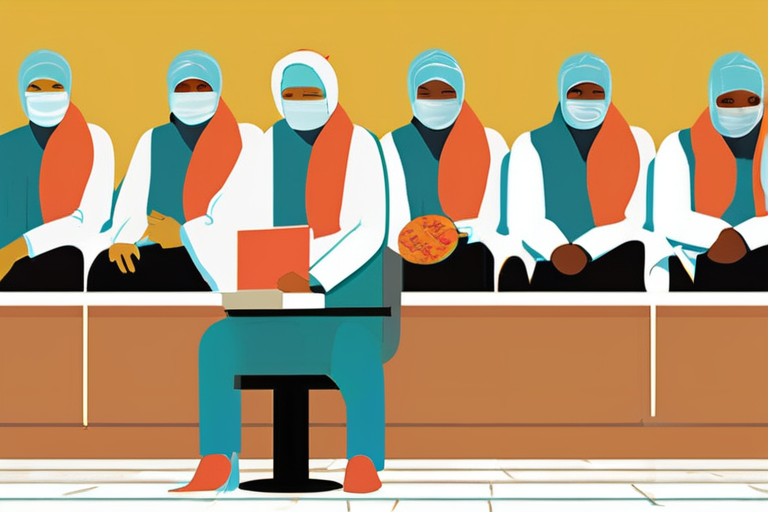
Share & Engage Share
Share this article